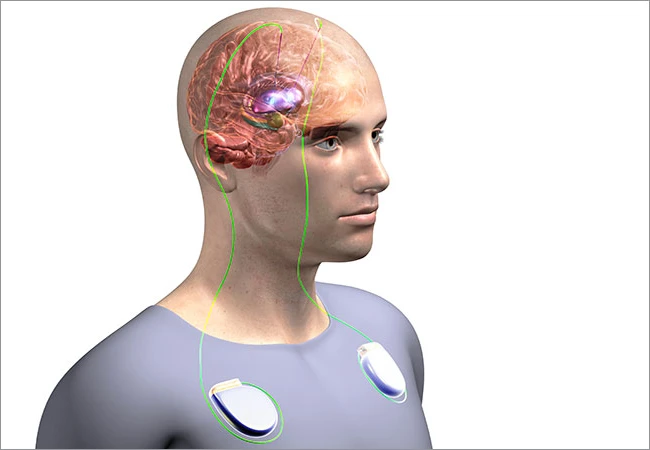
Advertisement
Brain and mental health can be improved in a variety of ways. Whatever approach you take, the key is to make healthy lifestyle choices and avoid alcohol and recreational drugs. Some of these methods include cognitive training, exercises, group therapy, and deep brain stimulation. These lifestyle choices can help you recover from depression and improve your memory.
cognitive training

Research has revealed that cognitive training helps improve the mental state of people with depression. It involves learning new information and strategic thinking. Cognitive therapy is associated with reduced depression and thickening of the frontal cortex. It has also been found to help the brain recover from trauma, including depression.
People with depression can increase their cognitive abilities through the network-based project "Cognitive". Cognitive uses a multidimensional cognitive training program to improve these skills. It uses various assessment tasks and games to stimulate different parts of the brain during training, stimulating changes in brain connections associated with depression.
training

Research shows that exercise can help the brain recover from depression. It can improve mood, reduce inflammation, and help the growth of new neurons. Endorphins are also released, invigorating the body and lifting the spirit. Because of this sense of well-being, loneliness and depression can be reduced. Regular training also helps to break the cycle of depression by dispersing the attention of negative thoughts.
The benefits of regular sports activity include resilience and flexibility. Pushing yourself out of your comfort zone allows your brain to overcome pain and keep moving forward. Eventually, this habit spreads to other parts of your brain. Sleep and socialization are the two most important factors in recovering from depression, and regular training can also improve sleep and socialization.
Group treatment

In your struggle, you are not alone. You can get the support and encouragement of others who are in the same boat. Through group therapy, you can share your experiences with others and get to know better how to interact with others. These classes are conducted by therapists in collaboration so that everyone can benefit. You can also meet new friends and expand your social network. It
provides social support that reduces the risk of depressed people falling back into depression. The team also helps them learn healthy coping mechanisms. For example, encouraging participants to share their stories helps them think and feel positive about their own power.
Deep Brain Stimulation

Several studies have found that deep brain stimulation can help depressed patients recover from their condition. Such treatments utilize electrical pulses that penetrate deep into the brain to stimulate parts of the brain. Federal regulators have not approved any treatments for depression, but previous studies have shown promising results. Surgery carries risks, including infection and side effects. Research into deep brain stimulation is expected to lead to non-invasive depression treatment techniques, and these techniques may help a large percentage of depressed patients. Although this treatment cannot eliminate the
etiology of depression, it can help patients better control their condition. Sarah continued to take her medication, but after the stimulation she felt much better. As part of her treatment, she also learned how to use talking therapy tools to deal with her illness.









